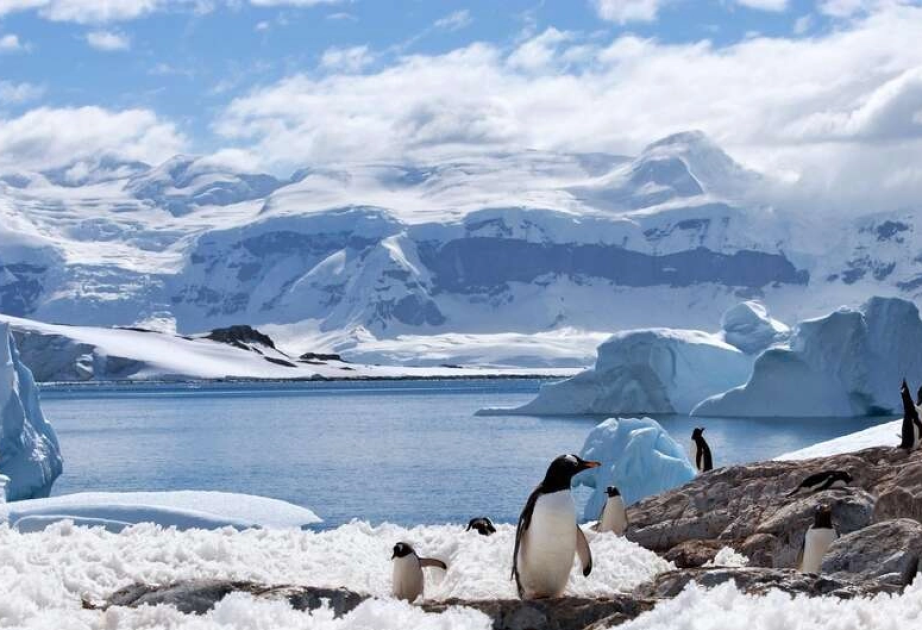Large-scale methane emissions detects in Antarctica

By Alimat Aliyeva
A group of Spanish scientists exploring the Antarctic seabed has discovered "massive emissions" of methane, a potent greenhouse gas that is capable of warming the planet about 30 times more than carbon dioxide, Azernews reports.
Researchers aboard the Sarmiento de Gamboa vessel observed methane columns in the ocean reaching lengths of up to 700 meters and widths of up to 70 meters. These previously unknown emissions could potentially represent a significant environmental threat to the planet's climate.
The methane has accumulated on the seabed for about 20,000 years due to the decomposition of organic matter in the form of methane hydrates, a crystalline solid. "It's like ice that can be set on fire, and it will burn," explains geologist Roger Urgeles from the Institute of Marine Sciences in Barcelona. The theory suggests that the thinning of the massive Antarctic ice sheet, which began at the end of the last ice age, reduces the weight of the land and increases the mass of the continent. This phenomenon, known as postglacial rebound, may trigger the release of methane, which has been locked in the seabed for thousands of years.
The researchers were specifically searching for leaks around Antarctica, one of the regions most affected by global warming, where temperatures have risen by more than three degrees Celsius in just half a century. "We estimate that about 24 gigatons of carbon are stored in methane hydrates in this region, an amount equivalent to the total emissions of humanity over two years," warns Urgeles.
The scientist also highlighted another significant threat: the instability of marine sediments could lead to massive landslides along the continental slope, potentially triggering a tsunami.
This discovery adds a new layer of urgency to the conversation around climate change, as the release of methane from these previously stable reserves could accelerate global warming significantly. In addition, the potential for underwater landslides that could lead to tsunamis presents a further, often overlooked, danger of climate change in vulnerable regions like Antarctica. These findings underscore the importance of continued research into the environmental and geological changes occurring in polar regions as they could have far-reaching consequences for ecosystems and human populations worldwide.
Here we are to serve you with news right now. It does not cost much, but worth your attention.
Choose to support open, independent, quality journalism and subscribe on a monthly basis.
By subscribing to our online newspaper, you can have full digital access to all news, analysis, and much more.
You can also follow AzerNEWS on Twitter @AzerNewsAz or Facebook @AzerNewsNewspaper
Thank you!
